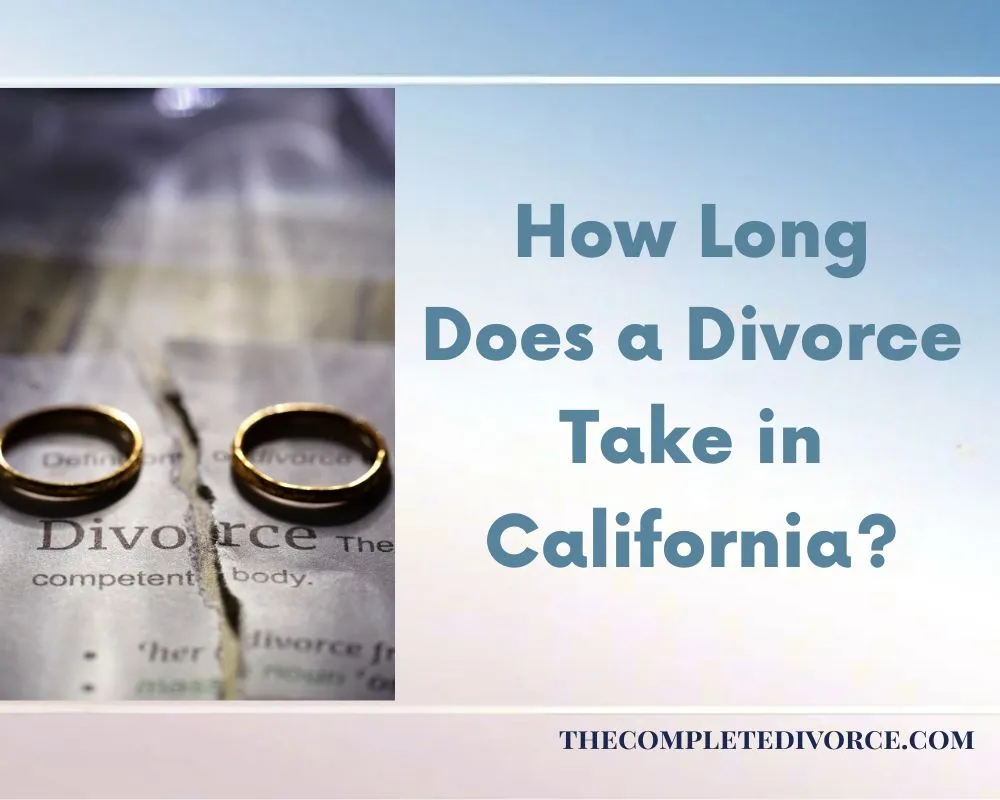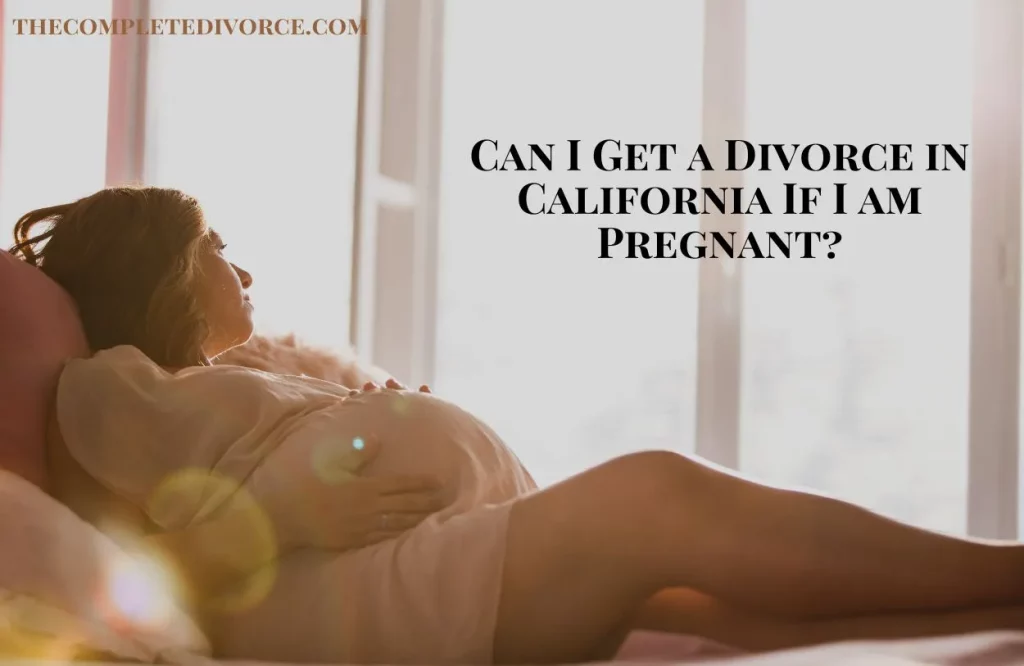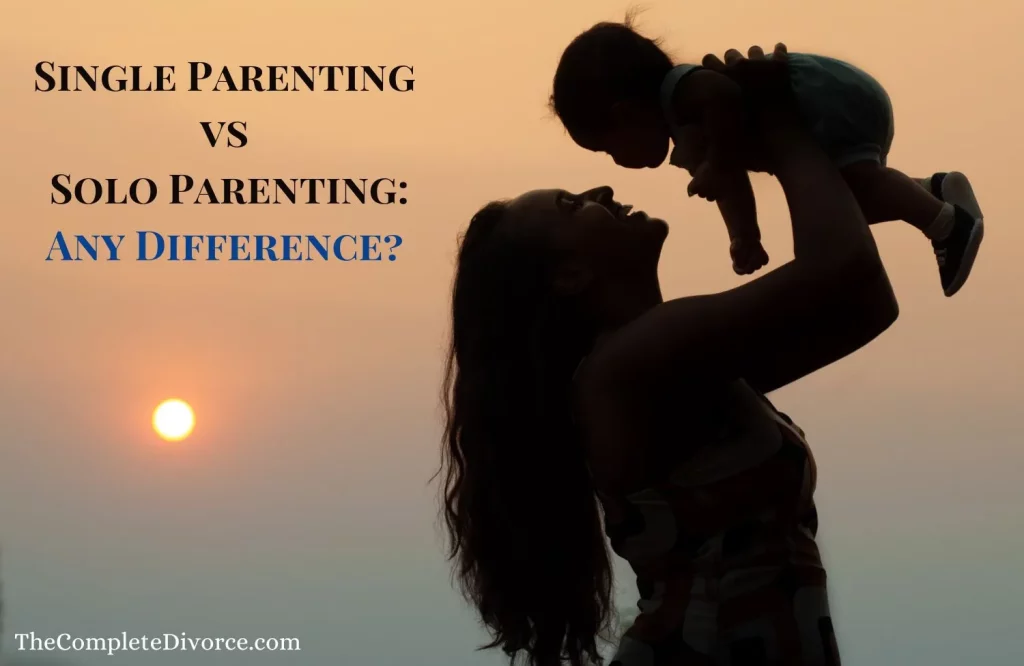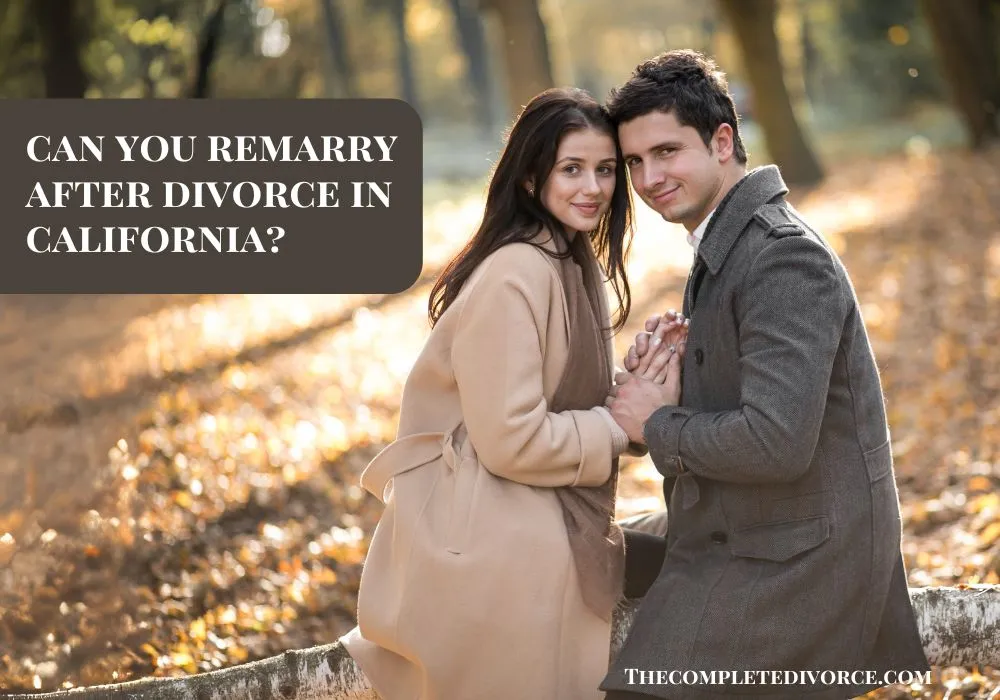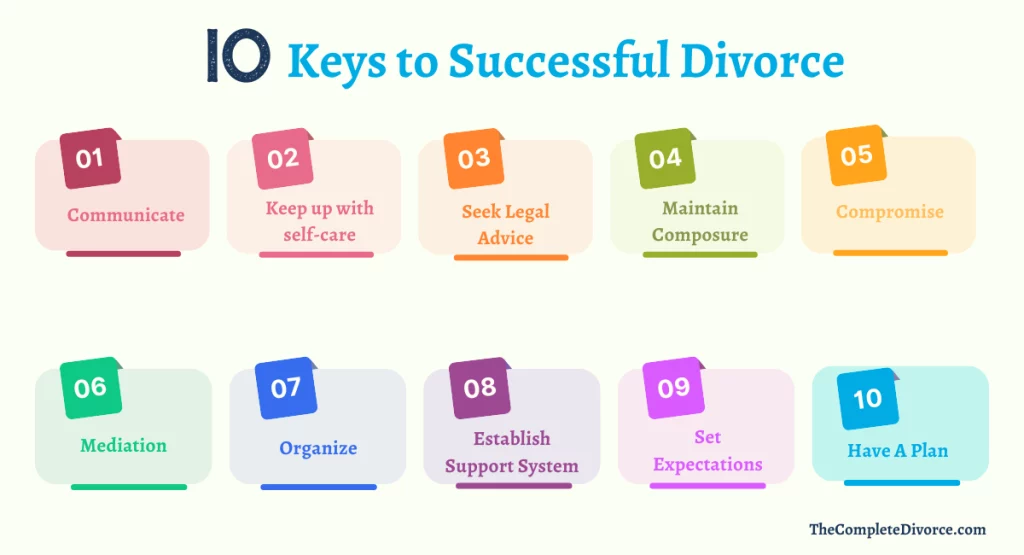
Share
Is divorce mediation legally binding?

Dina Haddad
Founder & Attorney Mediator
I’m Dina Haddad, a family law attorney-mediator in California. I’m so tired of couples not having a process that’s easy to complete their divorce. They are getting lost, wasting time and money, and beyond frustrated with their results.That’s why I created TheCompleteDivorce. I took my successful mediation practice and condensed it into an affordable and winning program.
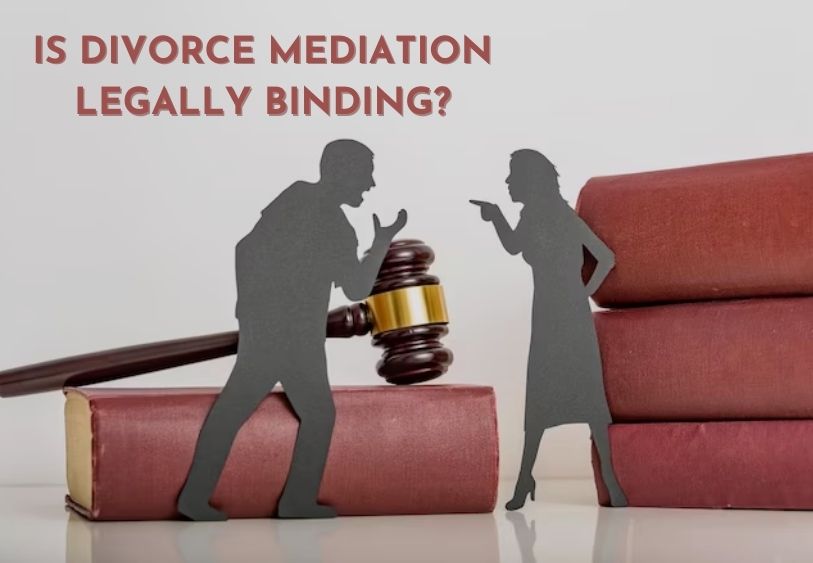
Divorce is challenging. It’s a very personal and private matter thrown into a very legal process. To stay in control of your divorce, divorce mediation is a terrific option compared to traditional litigation. Divorce mediation offers a collaborative approach that allows couples to work together with a neutral third party to reach agreements on various aspects of their divorce. Divorce mediation agreements are legally binding and often far better than any agreement you could get in court. They are more detailed and the couple was in control of the agreements, not a judge or lawyer.
The most important part of your divorce is to stay in control of your process. Mediation allows you to do this. First, divorce mediation is voluntary. You and your spouse participate because you both are interested in reaching an agreement. You might not agree yet on those agreements, but you share the goal to not litigate and work it out.
In California, you can work with a divorce attorney as a mediator or a non-attorney mediator. When you work with a divorce attorney-mediator, your mediator can also file the documents for you, prepare the filings, and help you with support calculations. An either trained mediator will also help you negotiate and resolve issues related to your divorce. The mediator acts as a facilitator, helping you and your spouse communicate effectively, explore options, and reach mutually acceptable agreements. Unlike litigation, where a judge makes the decisions, divorce mediation allows the couple to make their own decisions.
Legal Nature of Divorce Mediation:
The agreements reached in mediation are legally binding when filed with the court to become a court order. At Families First Mediation, we prepare a Marital Settlement Agreement, which contains your agreements on all the divorce topics, including asset division, child custody, child support and spousal support. We then file this with the court on your behalf, and it becomes your Divorce Judgment, a legally binding court order.
Court Approval and Enforceability:
The court reviews the Marital Settlement Agreement and the Divorce Judgment package to make sure it complies with legal rules and procedures. The court does not assess or weigh your agreements. In other words, the court doesn’t decide if your agreements are good or bad. You have the right to reach agreements you believe are correct for you and your family. However, that means you need to be responsible in your negotiations. You want to fully participate in the mediation and make sure you understand the benefits and potential problems of the agreements you make with your spouse. The mediator should work with you on these points.
4 Benefits of Legally Binding Divorce Mediation Agreements:
- Flexibility and Customization: Mediation allows couples to tailor their agreements to their unique circumstances, giving them more flexibility compared to court-imposed decisions.
- Cost and Time Savings: Mediation is often more cost-effective and faster than litigation, as it avoids lengthy court processes.
- Reduced Conflict: Mediation promotes open communication and collaboration, potentially reducing the acrimony and hostility that can arise from adversarial litigation.
- Better Co-Parenting Relationships: By working together during mediation, couples can establish a cooperative foundation for future co-parenting, prioritizing the best interests of their children.
At Families First Mediation:
At ffmediation, we work with you to weigh the benefits of the agreements both in short-term and long-term views. This is very important given the court will approve your agreements. Then, if there is a conflict in the future, the court will enforce your agreement. This means that failure to comply with the terms outlined in the agreement can lead to legal consequences. Mediation gives you that flexibility and power, but again, it means you need to be responsible and an active participant in your mediation. That kind of control and power of your personal life is huge compared to a very impersonal and complicated legal process.
California protects parties when it comes to mediation. Your mediation is confidential and the mediator has immunity. This is great for you when it comes to exploring various options prior to reaching an agreement. This also means whatever happens in the mediation will stay in the mediation, except for your final agreement, in our case, the Marital Settlement Agreement, once it is filed with the court.
At Families First Mediation, we strive to create quality long-lasting agreements that are fully enforceable, legally binding, and ones that our parties understand. If you are looking for divorce mediation, set up your free consultation with our office today. We would love to see how we can help you.

